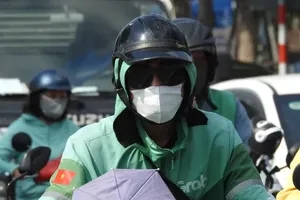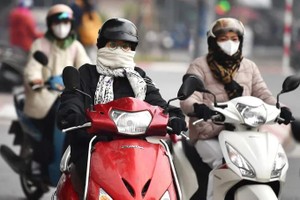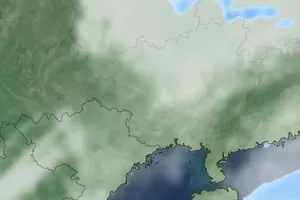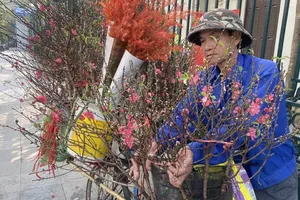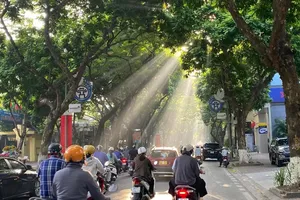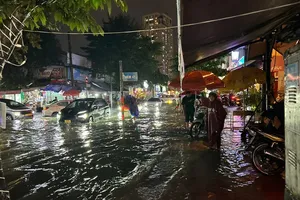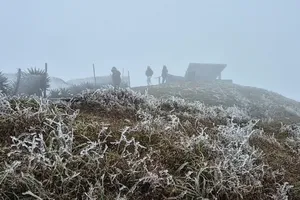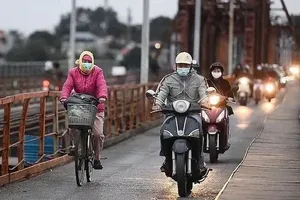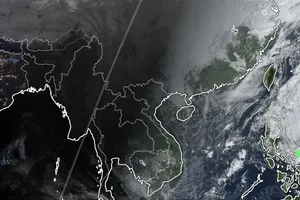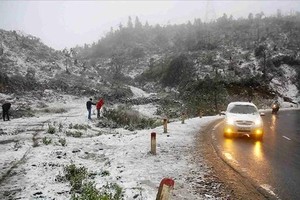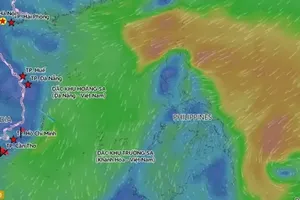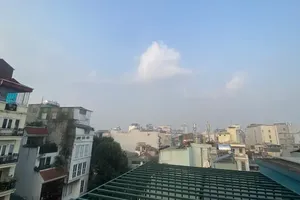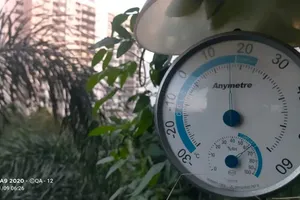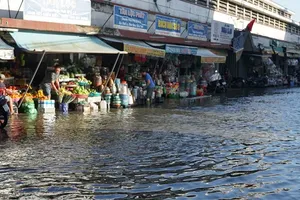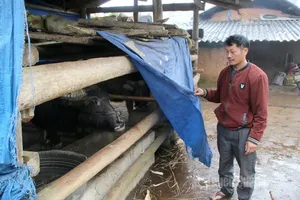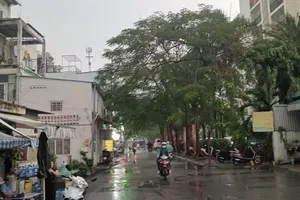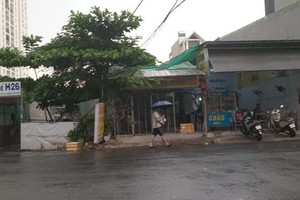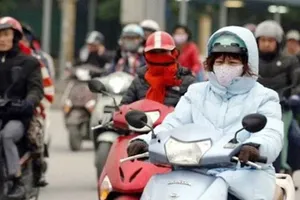At that time, reservoirs reached their peak discharge, causing river levels to rise, and posing a flooding risk for downstream areas.
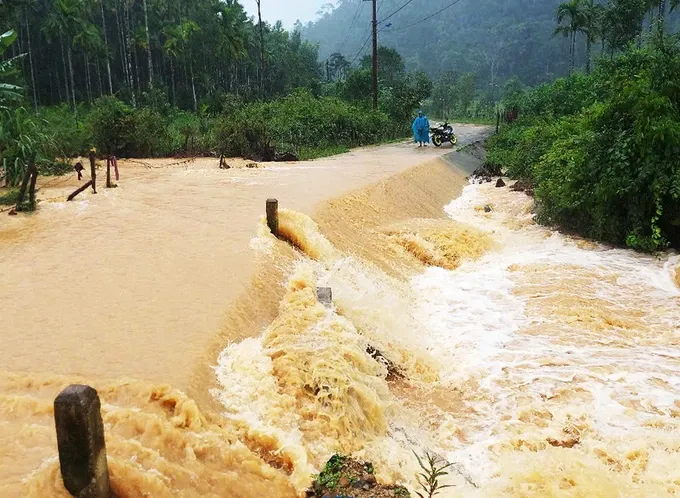
As reported by Sai Gon Giai Phong (SGGP) Newspaper, as of noon on November 24, the rain over Quang Ngai Province showed no sign of abating; floodwaters on the Tra Cau River rose to alert level 3.
Many residential areas along the river in Duc Pho Town were enveloped by floodwater, resulting in 30 houses submerged and partially isolated.
Floodwaters overflowed riverbanks that caused landslides in various places, including a collapsed river embankment.
Following heavy rains, the water levels of the Thoa and Ve rivers also rose rapidly, putting many residential areas, projects and construction sites at risk of landslides and flooding.
In Binh Dinh Province, downpours have caused severe landslides on the roads under construction. The authorities performed the “four on-the-spot motto” disaster response plan, directed localities to mobilize personnel to be on standby and promptly support residents in emergencies if any.
At the current time, the water level in local reservoirs has exceeded their designed capacity. In order to deal with the unpredictable developments of the floods, Binh Dinh Provincial Irrigation Work Exploitation Company decided to open sluices at two major reservoirs Dong Mit and Dinh Binh.
Similarly, Quang Nam Province was thrown into chaos by severe landslides, subsidence and waterlogging during persistent spells of heavy rain.
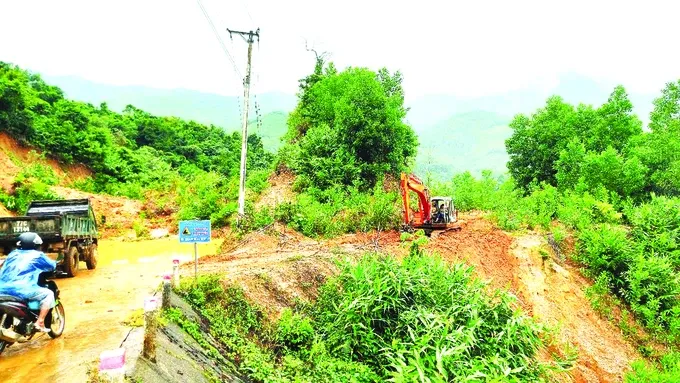
In particular, many roads in Nam Tra My and Bac Tra My districts have suffered from severe landslides and subsidence.
Floodwater levels in the upstream of rivers in Quang Nam Province have reached two to four meters. Amid the situation, Song Tranh 2 Hydropower Plant and Phu Ninh Reservoir, the largest irrigation reservoir in Quang Nam Province, have begun releasing water from 8 a.m. on November 24.
In Thua Thien Hue, Ta Trach Reservoir Management Board, Binh Dien Hydropower Plant along with other hydropower and irrigation reservoirs also released water to downstream areas and adjusted their discharge volume.
The province has already prepared plans to relocate over 50,000 residents from low-lying and landslide-prone areas to safe locations.
The Thua Thien Hue Department of Industry and Trade has stored one hundred tons of rice, one hundred tons of noodles and other essential supplies to assist residents in case of flooding and isolation.
In the Northern capital of Hanoi's Quoc Oai District, the serious landslide on a part of the Day River embankment threatens the lives of residents. The Hanoi People's Committee has declared an emergency for the landslide on the upstream area of the Day River.
